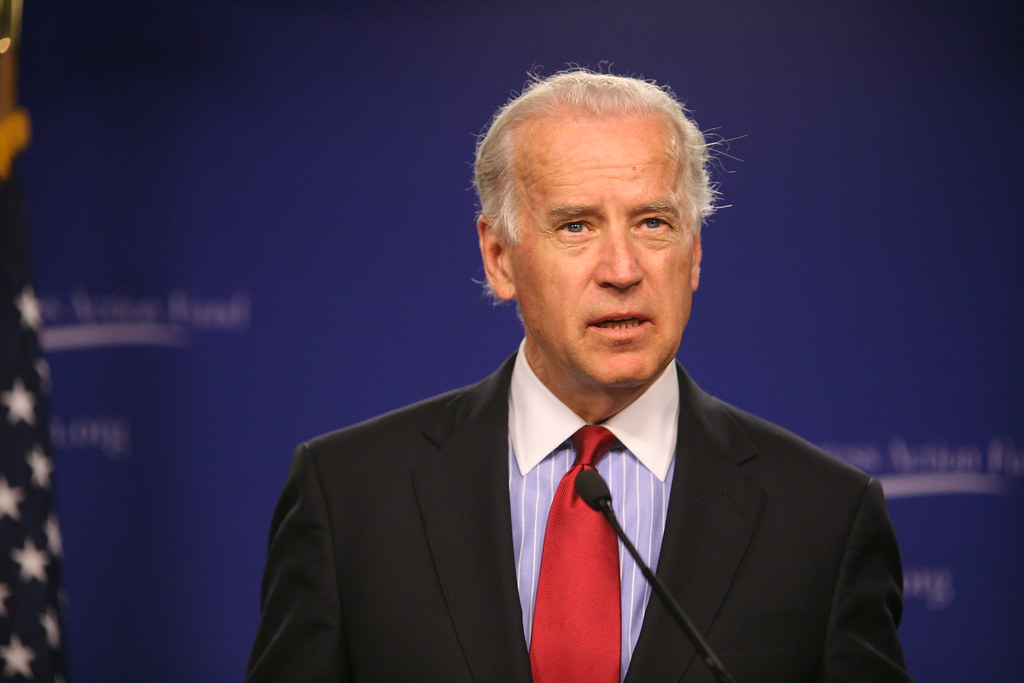 Center for American Progress Action Fund
Center for American Progress Action Fund
President Biden wants to impose the largest tax increase since 1968 and hire 87,000 new IRS agents and auditors. He wants them to have automatic access to information about every Americans’ bank account as well as every Paypal, Venmo, and CashApp account, even if you are not accused of wrongdoing.
The IRS would automatically obtain and store the data.
On Thursday Biden tried to justify the privacy invasion by saying it was just “two pieces of information.”
What are the two pieces?
Biden said:
“The amounts that come into their bank accounts, and what amounts go out of their bank accounts.”
Are you comforted?
If Democrats enact the plan, banks and third-party payment providers, like Venmo, PayPal, and CashApp would be required to report ALL account holders’ aggregate account outflows and inflows to the IRS.
The IRS will use these powers against Americans of all income levels. Requiring banks and third-party payment providers to report this kind of information is an indefensible invasion of privacy.
The mass collection of this bank account data will lead to many IRS fishing expeditions into the matters of innocent Americans. There are grave criminal justice ramifications to this proposal.
At a time when Americans are already struggling, these new reporting rules would create unnecessary burdens. As noted in this excerpt from Forbes:
It may create problems, however, that should be considered and addressed as this plan works its way through Congress. For example, consider a young couple saving up to buy a home. All savings are put into the “dream home” savings account. Then, when it comes time to make the down payment, the $50,000 dream home savings goes into the regular checking account, which is then wired to the seller’s escrow account. Buying a home is not a taxable event (at least for federal income tax), selling one is. Will the IRS receive information from the financial institutions that leads to an audit?
Paul Merski, vice president of congressional relations at Independent Community Bankers of America, voiced his criticism of the proposal:
Banks already report millions of transactions a day to the Financial Crimes Enforcement Network in the form of currency transaction reports, in addition to suspicious activity reports, which are required when potential illicit activity is detected by a bank. Banks are required to submit currency transaction reports when a deposit or withdrawal is $10,000 or more, a threshold that’s already very low, Merski said.
Merski said the proposal, as written, is akin to “sending your bank statement to the IRS every month,” which would be opposed by the banking industry because of the reporting burdens already required by federal regulators.
“The federal government can’t track all of that—any more requirements would be adding more hay to that haystack,” he said.
As also noted by the Wall Street Journal, the bank account snooping will give the IRS an “enormous” quantity of new data:
It would also create an enormous flow of information that the IRS would have to learn how to manage and use.
—
Congress will have to weigh the potential burdens and privacy concerns against the revenue gains as it considers the plan.
The IRS has a long and poor and track record when it comes to safeguarding taxpayer information, so it won’t be long before the private bank account information is shared with outside parties such as news organizations and progressive groups.

